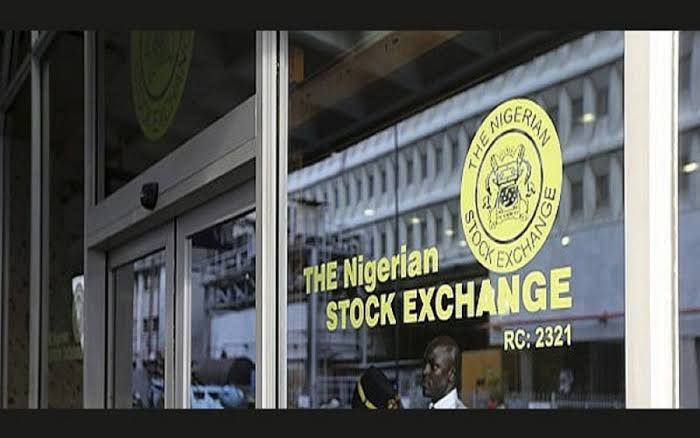The Nigerian stock market is showing signs of a rebound after a challenging August that saw investors lose N36 billion. The bearish sentiment that dominated the first three weeks of the month led to a 1.2% Month-on-Month (MoM) decline in the Nigerian Exchange Limited (NGX) All Share Index, which closed at 96,579.54 points, down from 97,774.22 points in July 2024.
Market capitalization, which represents the total value of investors’ assets on the Exchange, also saw a slight decrease, ending August at N55.477 trillion, compared to N55.513 trillion in the previous month.
Despite the overall decline, there were some positive movements within the equities market. The NGX Mainboard Index rose to 4,790.05 points, up from 4,744.96 points in July. However, the NGX 30 Index and the Banking Index both experienced drops, closing at 3,589.85 points and 857.21 points, respectively.
The market showed a strong recovery in the final week of August, with Week-on-Week (WoW) trading pushing the All-Share Index up by 0.6% to 96,580.01 points. This uptick was primarily driven by investor enthusiasm for OANDO, which saw a 6.7% gain following the successful acquisition of the Nigerian Agip Oil Company (NAOC), and bargain hunting in BUA Foods, which rose by 5.7%. As a result, Year-to-Date returns now stand at 29.2%.
Sectoral performance was broadly positive, with the Oil and Gas Index leading the charge with an 8.5% increase. The Insurance Index followed with a 5.8% gain, while the Consumer Goods Index, Banking Index, and Industrial Goods Index rose by 3.5%, 2.0%, and 0.1% respectively.
Commenting on the market’s performance, analysts at Cordros Research noted, “In the near term, we believe the absence of a clear catalyst may dampen market sentiment, potentially leading to negative performance. However, in the medium term, we expect that investors’ sentiments will be shaped by macroeconomic developments and movements in the fixed-income market.”
Similarly, analysts at InvestData Consulting Limited highlighted the mixed sentiment that characterized August, driven by profit-taking and sector rotation. They emphasized that despite the market’s oversold status, portfolio repositioning continues, with investors seizing opportunities from price pullbacks. “Amid the volatility and pullbacks, investors should consider these corrections as opportunities for buying into value stocks,” they added.













